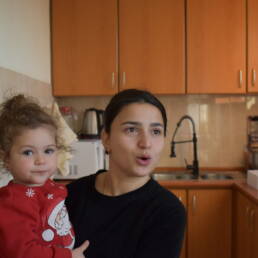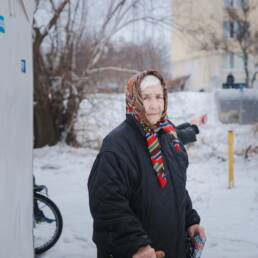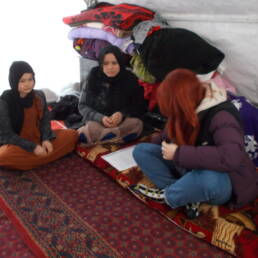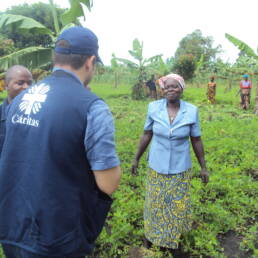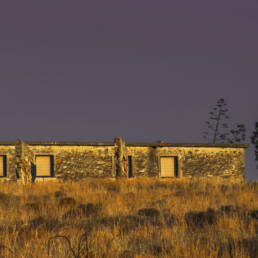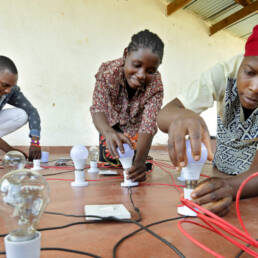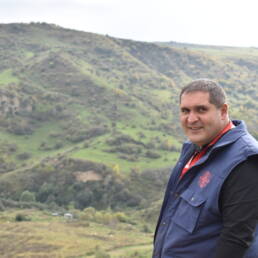Author
Sebastien Dechamps
Emergency Aid Coordinator
Caritas Belgium International
Ard-el-Hamra/Jabal Badro, Aleppo, June 2017
Jabal Badro is one of the suburbs of eastern Aleppo, where Caritas is assisting 1,400 families who have returned home after having fled the conflict. This number is very likely to increase in the coming weeks as this area of Aleppo seems now safe. However, mainly women with children have returned there. Most of the men are gone. They are either dead or missing. Some are fighting, others have fled somewhere. Before the war, Jabal Badro was already a rather poor area. Now it is a pure nightmare, a ghost city. All the buildings and houses have been looted, shelled or bombed and only a few are still fit for shelter.
There is no electricity nor water. Caritas Syria, in coordination with the Syrian Arab Red Crescent (SARC), has opened a centre to address the most basic needs through in-kind distributions: mattresses, hygiene kits, food baskets, etc. It would make no sense to give cash or vouchers here, there is no market. The Jesuit Refugee Service provides a hot meal every day. Caritas has built four water-distribution points, which are refilled by trucks a couple times a week. All 1,400 families benefit from these services, there is no question here about who is vulnerable or not… they are all on the fringe of survival standards.
It was the last week of Ramadan, nearly the “Eid”feast. This is a very important celebration, a time when one would want new clothes. Caritas gave all the families a voucher (various amounts, according to family size, ranging from about 40 to 120 USD). On that week, six mornings in a row, about 250 vouchers were distributed. Also, each afternoon transportation was organised to reach the shopping mall in the Ashrafieh area, which is not very far, but too far to walk to. There, the 250 families were greeted by Caritas staff, who verified identities and vouchers, and then helped the women/families navigate the various shops. The shopping mall consists of a big supermarket on the ground floor and of two floors of shops for clothes, accessories, shoes and even sweets. The vouchers could be used everywhere and split among different shops. The priority was obviously to get new clothes and shoes for the family. All 1400 families were then served and supported by a committed and busy Caritas team.
For most of them this was a new and challenging experience. They had never been to a place like this. The children were excited with the escalators, something they had never seen before, running up and down and up again, like in an amusement park. Caritas staff helped the women make good choices and calculated the best deals, and the vendors were happy with so many new and “unusual” customers. The return to the minibuses was memorable, with all the bags, the conversations “what did you get”, “look at this pair of shoes”, “what a lovely t-shirt”, and … the shining smiles.
Yes, there is an indispensable “human” component in a good “cash-program”, because we need banks, but we are not a bank. Yes, it takes time. Yes, it takes energy. Yes, you need numerous, dedicated and competent staff.
It is well worth it. First humanitarian principle: Humanity.




